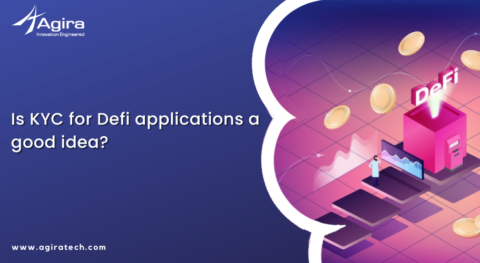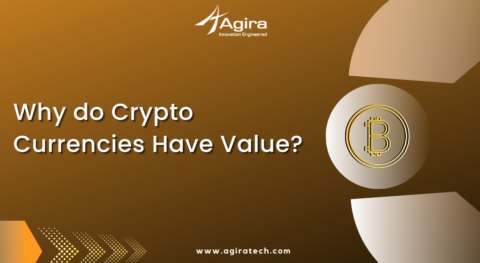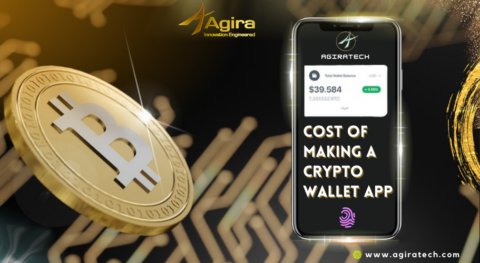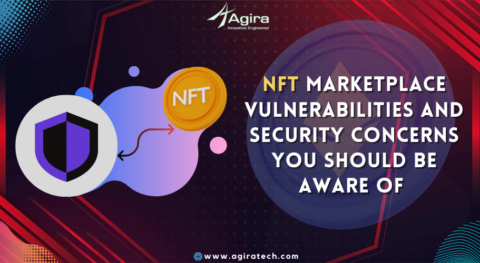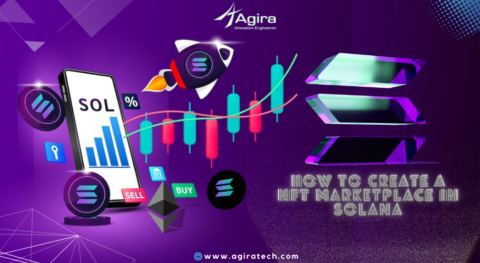Decentralized Finance or DeFi has been a market disruptor since its creation. DeFi is an alternative finance service that uses blockchain-based tools to mimic banking, investing, and trading services. Unlike the traditional centralized banking service, it runs on a decentralized blockchain with no single authority. With over $13 billion worth of value locked in Ethereum smart contracts, DeFi has emerged as the most active sector. This is due to the financial protocols that run on immutable smart contracts. These secure contracts open many doors and are available to anyone with an internet connection. Let us look at a few ground breaking use cases of DeFi.
DeFi Use cases
Asset management
In the DeFi space, users have more control over their assets. DeFi provides tools for users to buy, sell and transfer their digital assets at their own will. You are the custodian of your crypto funds. Using crypto wallets like MetaMask, you can store your encrypted password, seed phrase, and private keys, without having to lose them. Hence, restricting access to only the account owner and granting privacy over their sensitive data. This sense of full ownership of assets makes DeFi users’ choice.
Compliance and KYT
In traditional finance, the know-your-customer (KYC) guidelines help compliance against money laundering and financing terrorism. But, the KYC method exposes the user’s real identity. DeFi answers these issues with the Know-Your-Transaction (KYT) mechanism. The decentralized feature enables compliance analysis around the behavior of the users’ addresses rather than the user’s identity. This real-time monitoring helps protect against fraud and financial crimes.
Data and Analytics
DeFi makes a new style of data analytics possible. Due to its transparent and decentralized nature, DeFi allows access to a larger data pool. To make informed and calculated risks in your business, you need the right data and analytics tool to manage risks. DeFi does that for its users. It provides its users with data pools and allows users to make well-informed decisions. Data analytics tools like DeFi Pulse and CoDeFi data deliver much value in analytics and risk management.
DeFi Exchanges (DEX)
DEX is a peer-to-peer market where you can lend or borrow money directly. It is easy to use, has no KYC, is non-custodial and has high speed and lost cost. With DEX, users connect through a Web3-enabled browser or DApp. Once you connect to the platform with your wallet, you can exchange cryptos. Since users trade from their wallets by interacting with smart contracts, market manipulation, hacking, and theft reduce. The largest DEX is Uniswap, which was processing transactions worth more than $1 billion each day.
Gaming
Gaming is no longer a form of entertainment. The gaming industry has grown so large that users use the real-like currency to buy new skins for their digital characters and tools. GameFi, as they call it, involves tokens granted as rewards for winning games or growing digital crops. The tokens are full-fledged cryptocurrencies – meaning players can convert their in-game winnings into cash through DEX.
Stable coins
Cryptocurrencies are highly volatile assets that gain or lose value too often. On the other hand, a stable coin is a special type of asset-backed crypto. Assets include fiat, gold, oil, commodities, or even other cryptos. Thus, stable coins reduce the volatility of cryptos and become a viable global payment solution. DeFi ecosystem incorporates stable coins for remittance payments, lending, and borrowing platforms.
Synthetic assets
It is a combination of crypto and traditional derivative assets. They are tokenized derivatives. In conventional finance, derivatives allow one to trade an asset without owning it. Synthetic assets introduce these tokenized derivatives into the blockchain and create a token for them. Investors gain from price rises without having to hold them. DeFi is leading in synthetic assets as they provide a wide range of solutions. Synthetix and MarkerDAO are popular DeFi that operate as synthetic assets.
Tokenization
Tokens fuel the network and unlock a range of economic possibilities. As tokens are secure, instantly transferable, and programmable, any asset can be tokenized and stored on a blockchain. This essentially creates a new form of economy. Real estate tokens represent a fraction of a property that a user owns and gets returns from rental yields. It solves the liquidation issues that a single developer might face. Also, the documentation is limited to smart contracts as a binding agreement. It’s that simple! Since Ethereum-based tokens are secure, they are considered a digital alternative for users worldwide to access, trade, and store value.
Closing thoughts
There are way too many applications and uses for DeFi. And the best part is that it seems to grow with time. With DeFi’s growth, it is evident that it holds a firm place in the global economy. It offers viable and innovative market opportunities that leave its users in awe. Reach out to an Agiratech strategist to know more about DeFi.





